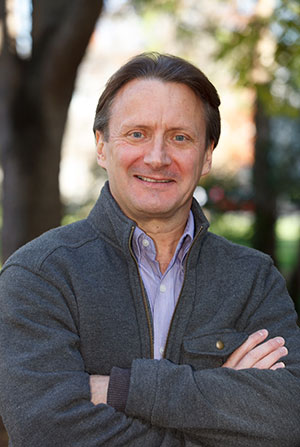Dickinson College
Faculty Profile
Dan Schubert
Professor of Sociology (1996)Contact Information
Denny Hall
717-245-1227
Bio
He is interested in social theory, cultural studies, gender, health and illness, and the sociology of knowledge. Publications have focused on the ethics of academic practice and poststructuralist thought. Current research focuses on the lives of adults with long-term chronic illness.
Education
- B.A., Towson State University, 1983
- M.A., University of Maryland, 1989
- Ph.D., 1995
Awards
- Dickinson Award for Distinguished Teaching, 2017-18
